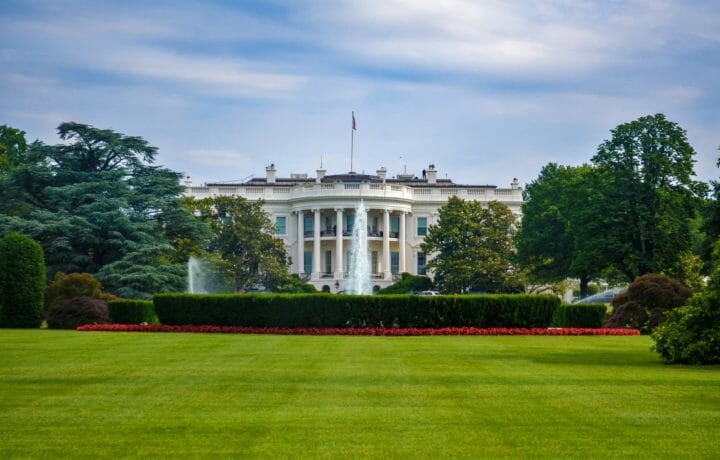With Monday’s inauguration ushering in a new administration, the spotlight turns to the mechanisms behind the scenes that ensure our government transitions seamlessly. Among these processes is the Yankee White Security Clearance and how political appointees gain access to classified information.
Contrary to popular belief, Yankee White is not a formal security clearance. It’s a term used to describe the White House security clearance process. Colloquially, it’s part of a White House Special Access Program, requiring rigorous FBI background investigations for individuals in positions with close or direct access to the president.
The process involves both investigators, who conduct background checks, and adjudicators, who determine clearance eligibility. The White House Security Office oversees adjudications, while the FBI manages the investigative portion.
For political appointees, their sponsoring agency manages the security clearance process. Each agency, such as the Department of Defense or Department of State, has its own procedures for clearance applications. The FBI conducts the required background investigations, while the sponsoring agency adjudicates the final clearance determination. This ensures political appointees meet the necessary standards for accessing classified information in their respective roles.
Yankee White clearances are specific to a small group of individuals supporting White House operations. If you’ve previously held one, listing it on your ClearanceJobs profile can set you apart, especially during the transition period when demand for experienced professionals with White House access spikes.
While “Yankee White” is a catchy phrase, it signifies a high level of trust and security, which is pivotal during transitions of power.




